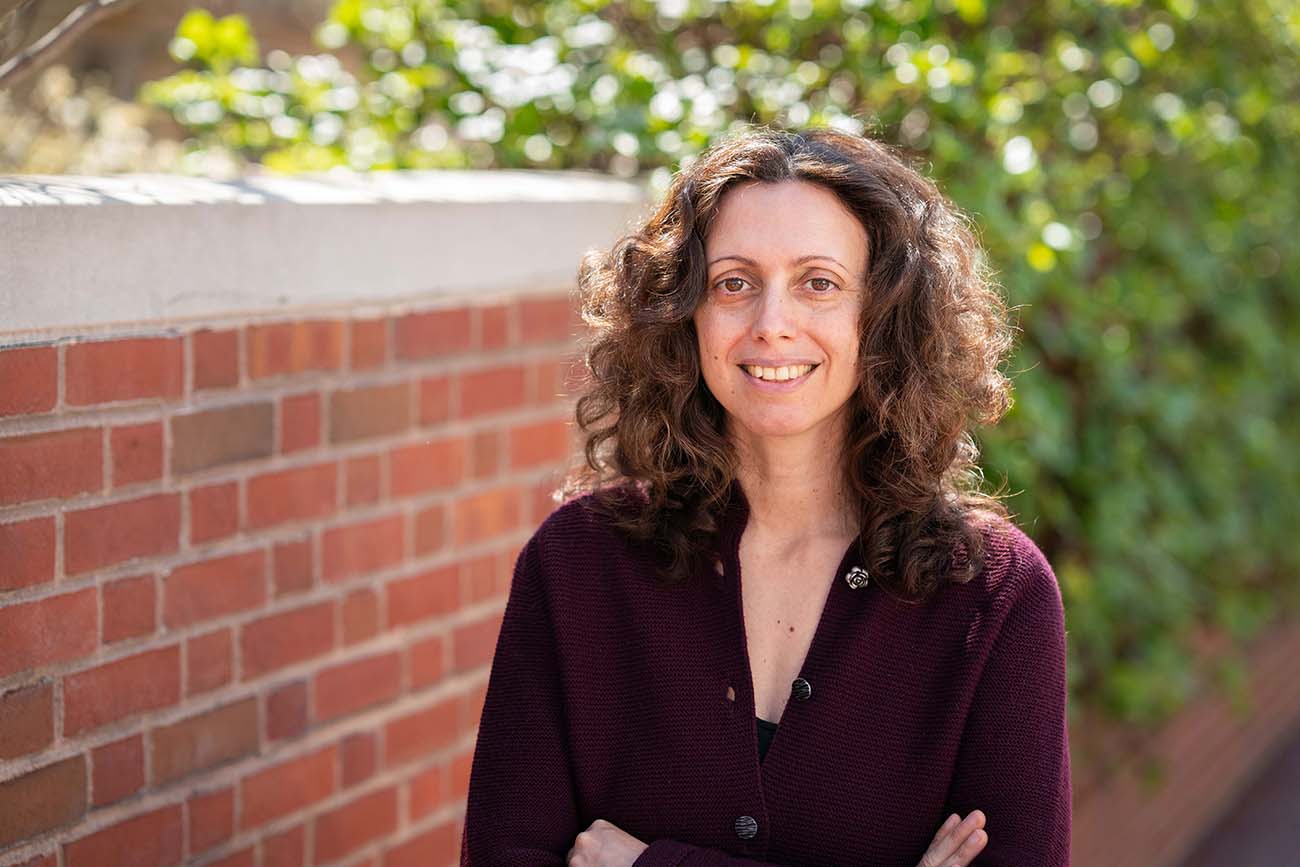Elena Fratto is Associate Professor in the Department of Slavic Languages and Literatures. Her research focuses on the Health and Environmental Humanities, narrative theory, and the rhetorical intersections of literature and science in late-nineteenth and early-twentieth century Russophone literature and visual arts. She is the author of Medical Storyworlds: Health, Illness, and Bodies in Russian and European Literature at the Turn of the Twentieth Century and co-editor of Russian Literature of the Anthropocene. Her in-progress book, Metabolic Modernities, investigates the concept of “metabolism” as energy transformation in Russophone literature and culture at the turn of the twentieth century.
As an Old Dominion Professor, Fratto will focus on her in-progress book, Metabolic Modernities:, which investigates the concept of “metabolism” as energy transformation in Russophone literature and culture at the turn of the 20th century. The book reassesses canonical literary works produced in the first Soviet decade from an Energy Humanities perspective, highlighting the prominence of organicist tropes in a period traditionally understood as informed by a mechanistic paradigm. She will draw upon scientific theories and ecological models that emerged in pre-Revolutionary periods and anticipated foundational concepts of the modern Environmental Humanities, such as the Anthropocene, the biosphere, and systems-thinking, to inform her reading of these works from the 1920s. Those earlier models for energy transformations inform the style and worldview of Soviet writers well beyond 1917, despite a state agenda that set out to control the economy, natural resources, and individual and collective bodies. She will use the concept of metabolism and its implications for energy exchanges across the human-nonhuman divide as an analytical lens and an extended metaphor to examine bodies, modernity, and the making and unmaking of the world.
Read her full biography on the Department of Slavic Languages and Literatures website.
















